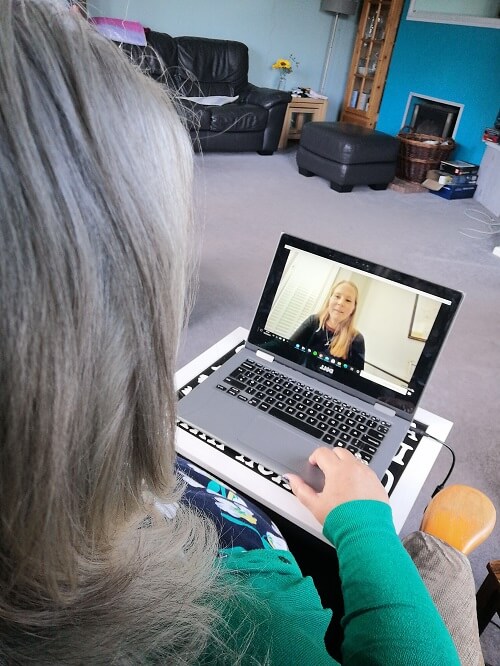
Imposter Syndrome in Youth Work
One of the things I have noticed about my work as I move from one role to another is this mindset that appears which tells me ‘you don’t have the right training to be here in this role’ or it might say ‘you’re in way over your head this time’. This is imposter syndrome – this concept that I am an imposter in this space, just pretending to have the right skills or ability for the role and will be found out or unmasked as such by those around me. Strangely for me the imposter syndrome voices have grown stronger as I’ve become self-employed. Maybe it’s not so strange, being employed by someone to work as a team member has always been a bit of a defence against it for me, I’ve always been able to reason that someone chose me for this job and therefore they must have seen something in me that they liked. Also, working in a team of people has always been a real tonic for me as it helps me understand my own ability in relation to someone else’s – which has usually been a positive experience. When I work on my own however, the imposter voice can become very loud.
Perfectionism
Imposter Syndrome often goes hand in hand with perfectionism and can lead to burnout, an officially recognised work related illness. The World Health Organisation defines burnout as ‘a syndrome … resulting from chronic workplace stress that has not been successfully managed’, it is recognised by three main factors or ‘symptoms’: feelings of energy depletion and exhaustion; increased mental distance from your job or negative/cynical feelings about your job; reduced professional efficiency. Burnout can come from overwork, from poor management, from an ‘I’m the only one who can do this’ mentality, from a perfectionist mindset that is constantly having to overthink in order to prevent mistakes, setting unrealistic expectations of yourself and others, refusal to compromise when you think there is a ‘right’ way and feeling completely paralyzed to act because of the pressure to complete the task perfectly.
Burnout is bad for your health, perfectionism is bad for your health, imposter syndrome is bad for your health. So, how do we tackle these behemoths of our working life as youth workers?

Acknowledge the overwhelm
Acknowledge they are there. Probably the first stage of this is to acknowledge it internally – am I being a perfectionist? Is this imposter syndrome? If you are doubting your ability to do something you’ve been doing for a long time, the answer is probably yes!
But then, the difficult bit is to acknowledge it to someone else: someone who will listen and ask you some ‘good’ questions rather than just tell you to get over it! You know that old adage ‘a problem shared is a problem halved’ well, it is absolutely true. To actually voice our fears out loud is to see, or perhaps rather, feel them shrink.
Practice self-compassion
Practice allowing mistakes and having compassion for yourself. This is especially key in areas where we might be heading for perfectionism. It is perfectly normal and human to make mistakes, at every level of leadership. If you are in a work situation where mistakes are frowned upon or not allowed, that is not a good working environment to be in! We live in a world where to be the ‘expert’ on something is seen as the pinnacle – however, the truth is that all we really need is to be ‘good enough’.
Notice similarities
Notice where you and others in the room are similar rather than different, this helps to build relationships and connections with others in your team but also helps to bring imposter syndrome under control, where you have similar viewpoints or similar experiences as others in the team you can see that yours do have value.
Affirmations
Notice when things have gone right, write these down and keep them somewhere so that you can remind yourself of your achievements. If you’re feeling especially brave you could ask others around you to give you one thing they like or admire about you, keep these somewhere to refer back to when the imposter voice becomes really loud. For those with a faith in God, write down some of the promises found in the Bible about who we are, keep them somewhere you can look at them everyday.
Tackling Imposter Syndrome
Tackling imposter syndrome and perfectionism is where having someone to turn to outside of the organisation you work for can be really beneficial, a coach or mentor who can help you work through these tricky thoughts and feelings. I know I have benefitted hugely from this and am keen that all those working with young people should have access to someone in this role. If you are interested, why not click on the other pages of this website here and get in touch with me to start this conversation?


